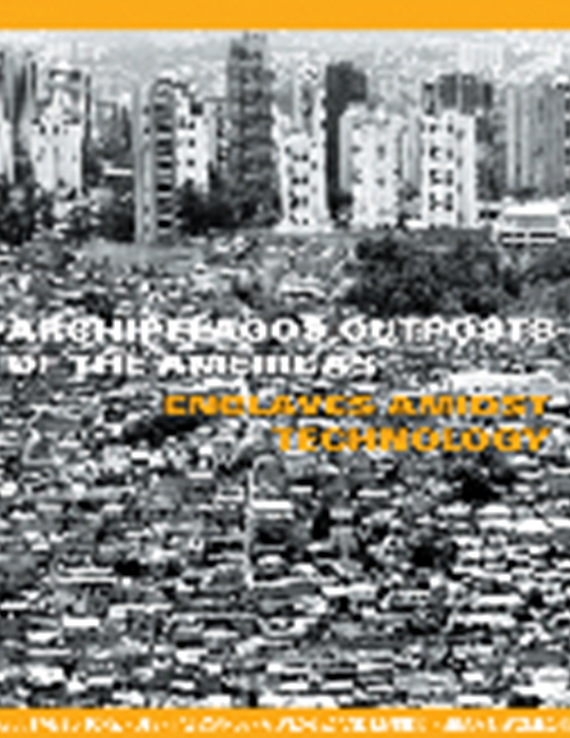Author(s): David Brown
In the spring of 2003, a design studio examined a seventy-five block area of Houston’s Fourth Ward. The intent of the studio was to provide comprehensive planning for the area that could be enacted by a neighborhood organization that initiated the studio’s inquiry. That neighborhood organization could never hope to amass the resources to implement a master plan, or to enforce a zone or code, and establish the visual order that both entail. However, a basis for developing different urban design approaches was identified in the mechanism that the neighborhood organization is interested in implementing, a community land trust (CLT) – a democratic non-profit organization that acquires and holds land for the benefit of the community. Working through some modifications of a CLT’s practices, the studio developed comprehensive planning approaches enabled by different definitions of what a community land trust could be.The approaches to urban design enabled by a CLT are significant for the scale and manner in which they implement processes that are dynamic, organizational, and operative. The work of the studio reveals that comprehensive planning can begin by providing such relations amongst small and disparate sites to describe areas of influence. In contrast to the large-scale superblock developments and enclaves that are indicative of the contemporary growth of cities, a trust extends the ability to engage in comprehensive planning to communities possessing limited means and rare opportunities to organize or initiate significant transformations of their environment.
Volume Editors
Marilys R. Nepomechie & Robert Gonzalez
ISBN
0-935502-54-8

 Study Architecture
Study Architecture  ProPEL
ProPEL 
